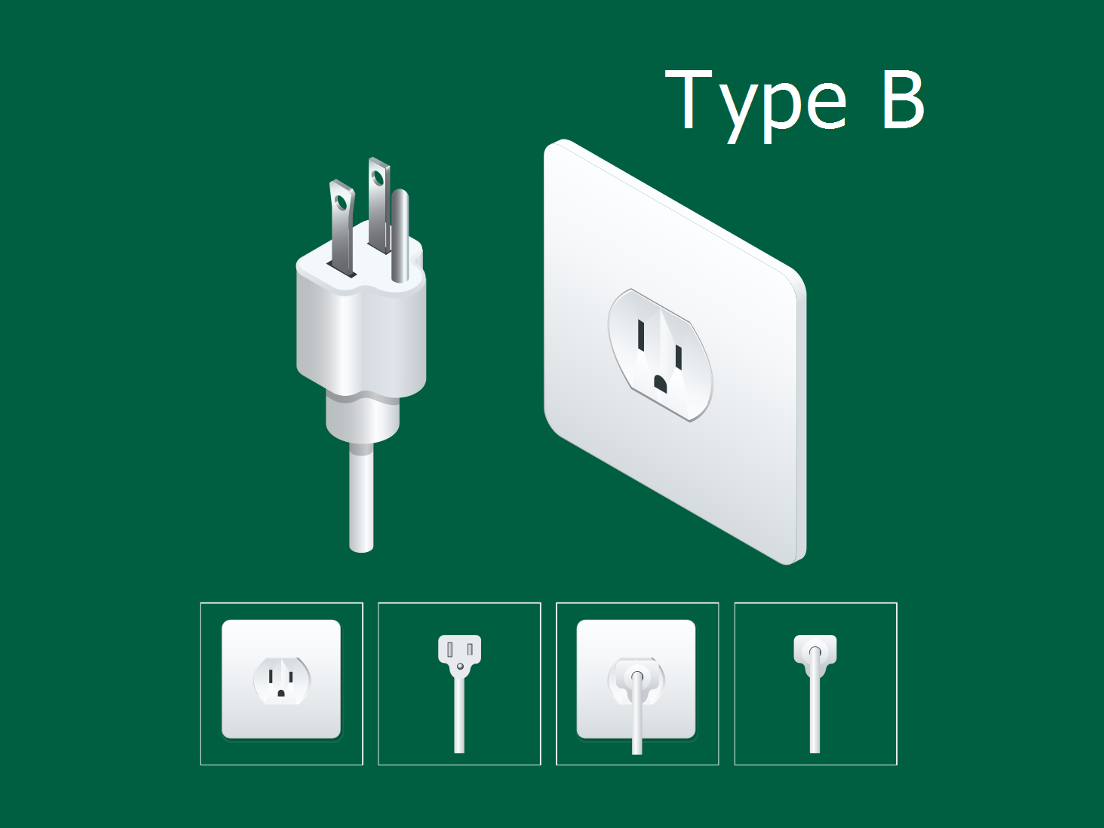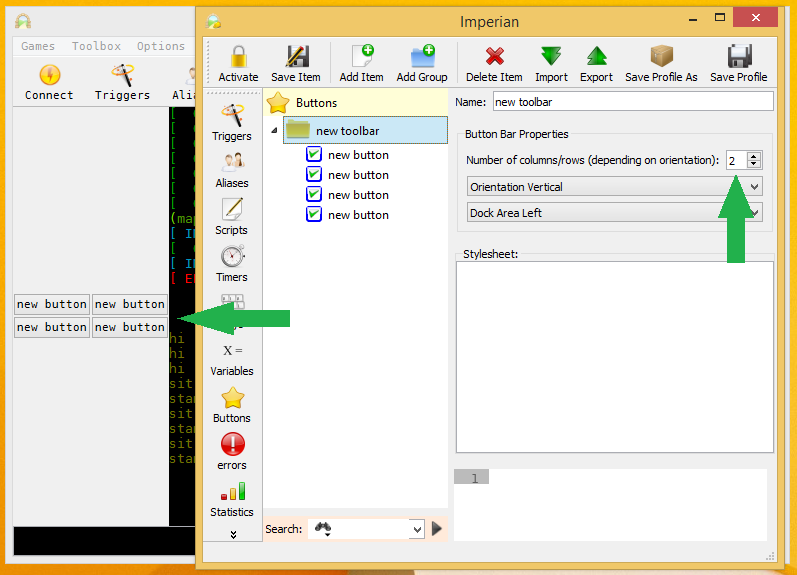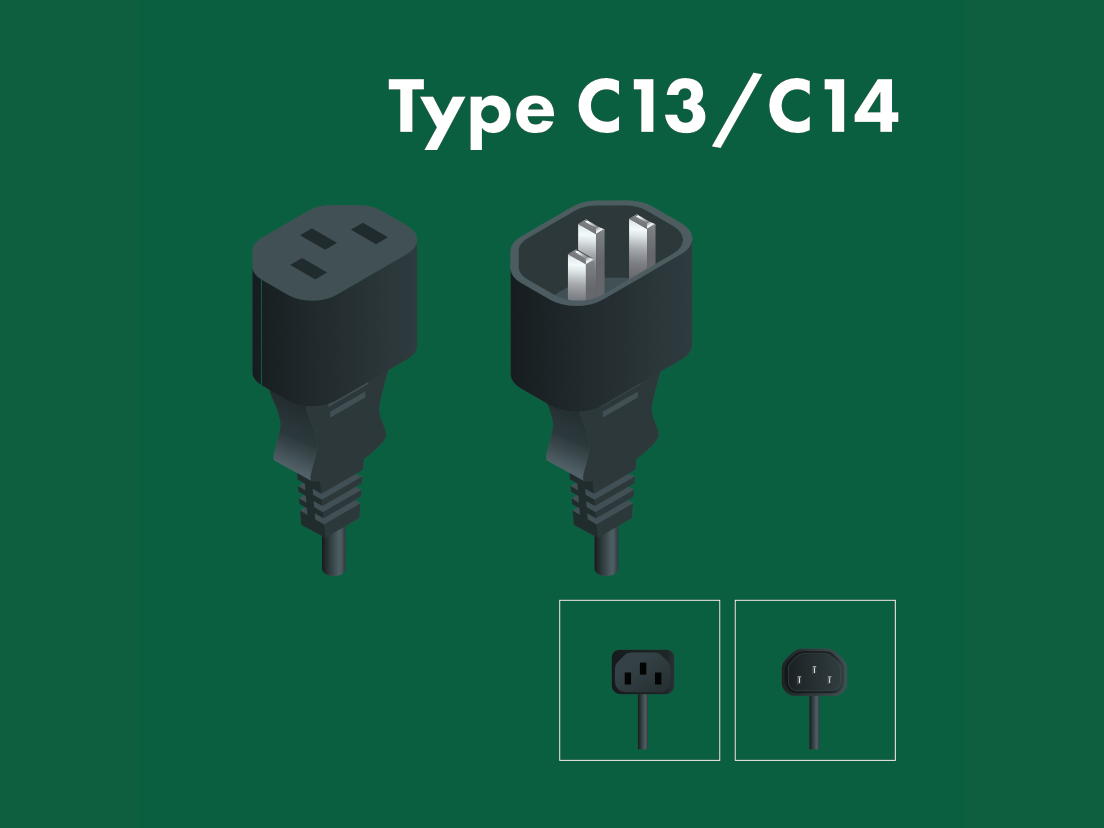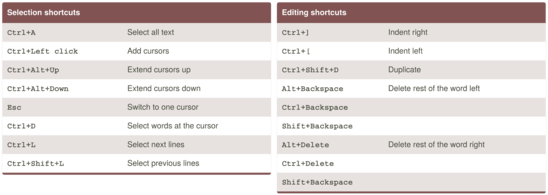

- Mudlet use lua socket manual#
- Mudlet use lua socket code#
- Mudlet use lua socket series#
- Mudlet use lua socket tv#
For comparison purposes, the SlothMUD website is available here:

The graphics are from the SlothMUD website, giving the GUI a similar theme, with the layout designed to be similar to their flash client.

Mudlet use lua socket tv#
It took around 2-3 hours in total (although I was watching TV and chatting online at the same time) - most of it was done in about half an hour, with the rest of the time spent tweaking the layout, troubleshooting a couple of problems carried over from my plugin, playing around with colours, and removing a load of unused code. Having started using python at a level somewhere between basic and intermediate for work, I'm finding that knowing a bit of lua helped me a lot when learning python, but now going back to lua I'm getting stuff mixed up.0: After chatting with Splork, I decided to have a go at creating a SlothMUD-themed GUI, to see how easily the plugin could be adapted. Is that correct? Geyser.Label:new(), for example, seems to behave similarly to instantiating a class in python, and I'm assuming that's how we're meant to do that kind of thing? Out of curiosity, comparing classes in python to metatables in lua - metatables can be used to achieve a similar result, even though they aren't strictly the same thing. I can't imagine WHY I'd need to do those things that way yet, but that's not the point Create events on changes to specific gmcp data there is not already events for.manage sipping, if we did not have server-side sipping.I tried to wrap my head around metatables a few years ago, and failed, but that article makes a lot of sense so I'm going to revisit them now.
Mudlet use lua socket series#
If I were to do a single prompt trigger, and then a series of if statements, would that result in the same or better performance? Or is that something I should try and benchmark myself?Ī nice article on tracking with metatables, Keneanung, thanks. I'm a little sad to hear about the lower performance of function type triggers. I'd suggest you ditch the triggers entirely and use a timer that runs on a short interval - you could probably get away with once every second, though could likely make it faster than that without a noticeable effect on performance (I'm just not sure it would be necessary) - and checks all of the settings you're interested in against previously stored values, updating buttons as required. Using individual Lua function triggers for every option you care about is also going to be a scalability nightmare. It's possible for tables - as mentioned by Keneanung - but you'll quickly run into the issue that a lot of script authors for Achaea don't understand tables, and therefore don't use namespacing (the original version of Wundersys had this problem). If the check failed, the pattern failed and the trigger didn't execute its Monitoring Lua variables directly isn't possible. Just in that case the check being run on every line of output was "Is this line a prompt?" If the check succeeded, the pattern passed and the trigger executed its code.
Mudlet use lua socket code#
Huh, does this trigger setup fire without the need to fire off prompt? I’ve never seen code done like that.Technically you have, since every prompt trigger prior to Mudlet 3.6 (and the addition of the separate "prompt" trigger type) used the Lua function type. I've tried various connotations of 'return testvar', such asĪlso, my testing has been with a single pattern, forgetting the OR part - figured I should get a single one working first. If I can get the above to work, then I can use more complex expressions as well, and easily monitor how/what these other scripts are doing. The actual script will set the CSS of a label, giving me a toggle style button that displays some information, without requiring me to delve into someone else's code (say I am using wsys, svof or trex - at the moment I am leaning more toward wsys for its simplicity). this is an OR type trigger)Script:echo(tostring(testvar)) Pattern 1, lua func type: return testvarPattern 2, lua func type: return not testvarTrig options: default (i.e. True/False, running the triggers script when there is a change in the value.

Mudlet use lua socket manual#
The mudlet manual is pretty vague when it discusses them. It's been too long since I used these, and I can't get them to work beyond just the basics, and I can't find any of my old scripts that did it.


 0 kommentar(er)
0 kommentar(er)
